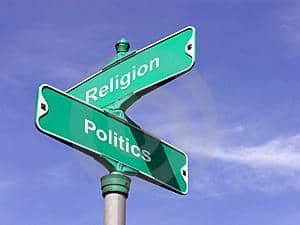"The exercise of state power in trying to quash religious expression -- including arrests, imprisonment and the use of state-run media to slander people because of their religious practices, worship or teaching -- is alarming to all those who care about religious freedom," said Rabbi David Saperstein, chairman of the commission. "This can only set back China's current efforts to participate fully in a world community committed to international rights and liberties."
Since the new year began, more than 100 practitioners of the outlawed Falun Gong spiritual movement have been detained, including those who participated in silent protests in Tiananmen Square, according to the Information Center for Human Rights and Democratic Movement, based in Hong Kong.
In December, Chinese courts sentenced four Falun Gong leaders to prison terms as long as 18 years. That same month Li Fujun, an assistant professor at a medical college in Henan province, became the ninth Falun Gong leader jailed after receiving a four-year sentence for protest-related activities, according to the Information Center.
Falun Gong -- a blend of Buddhism, Taoism and traditional Chinese exercise -- has been banned in China since July 1999.
In late December, Chinese authorities sentenced six leaders of Protestant Christian groups in central China to "labor education camps" for one- to three-year terms, according to the Information Center.
Saperstein said the commission will monitor closely the events unfolding in China, and will recommend the United States respond through changes in its foreign policy.
The commission was created by the International Religious Freedom Act passed by Congress in 1998 to give independent recommendations on issues of religious freedom and persecution to the executive branch and Congress.

